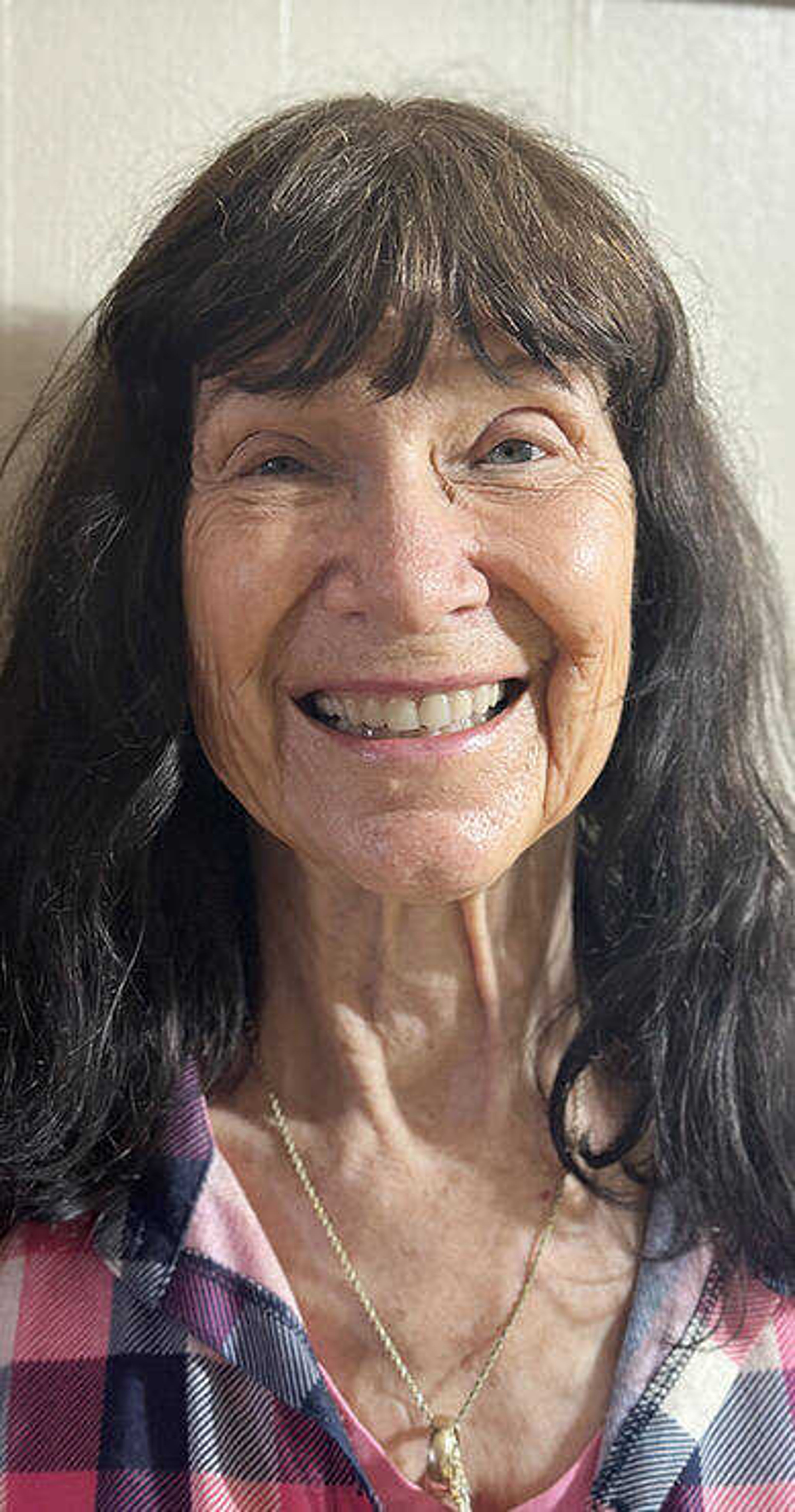You can't always keep a smile on someone's face
Do you feel bad when someone you love is upset or sad? Even though it may be their fault, do you rush to try to fix it? It's a fine line between nurturing someone and becoming co-dependent. If you're like me, you're saddened when someone in your family or friend network endures rejection or hardship. What do you do?...
Do you feel bad when someone you love is upset or sad? Even though it may be their fault, do you rush to try to fix it?
It's a fine line between nurturing someone and becoming co-dependent. If you're like me, you're saddened when someone in your family or friend network endures rejection or hardship. What do you do?
Scripture tells people to "Love your neighbor as yourself" (Mark 22:36-40). The Bible also says that within the context of faith, hope and charity, "The greatest of these is love" (1 Corinthians 12:13). How is one to know when he should help someone, or back off and let him deal with his own challenges?
When you help others to the extreme, you need to investigate why you're always the one to bail others out. Perhaps their purposes would be better served if you allowed them to suffer through and learn and grow from the happening -- thus growing into a stronger person. Muscle never develops without resistance. The same is true of life's trials. The more other people spare you the opportunity to take responsibility and experience your ordeals, the weaker you become. Then, when a massive issue faces you, you lack the tools and fortitude to get through it.
Janie has a child, Lydia, who is emotionally and physically challenged. The girl is a darling person, now. However, when I first realized the full picture of her life, I was dismayed at, what I considered, the harshness of her mother. Janie had eventually placed Lydia in a home where people with challenges, similar to her daughter's, lived. After I became closer to the situation, I realized that Janie should be commended, rather than judged.
Lydia learned many skills at the residence, and loved living there. When she came to her mother's to visit, Lydia was always eager to go back, after her vacation was finished. She learned how to become as independent as possible. I was amazed at what Lydia accomplished and the interests she had.
However, if you chose, you could pity Lydia and help her more than was good for her wellbeing -- both mentally and physically. The emotional and physical attachment she would have felt toward Janie would have been detrimental to both of them. Janie could have become the martyr parent, yet resented her predicament. Or, she could have become a co-dependent, trying to save her daughter from sadness and depression by doing everything for her. Janie could have kept trying to save Lydia from heartbreak and rejection by acting for her, and, thus, fulfilling a need within herself. Thankfully, Janie took the healthier, yet less popular route, and allowed Lydia to become more independent. Now, both have lives sharing holidays and other times together -- love at its best.
You like to see your loved ones with a smile on their face, especially your children, yet it seems that the kids who make it best in the world are those who have had to endure. I see a huge amount of people reaching high status in the world, coming from lower-income environments. Others grow up having to care for disabled parents. Rather than someone stepping up to "save" them, they took their hardships in stride and kept striving for their dreams. The smile that finally came to their faces was from their own effort, and it was a lasting smile.
You can't spare people from paying their dues, whether it's a parent, child, man or woman. Although it hurts, you sometimes have to step back and watch someone you love suffer, and realize that the sun will, for sure, shine in the morning if he perseveres.
As much as you would to see those you love keep a smile on their face, allow them the privilege to make decisions and inherit their own mistakes. The smile will always come when they earn it.
Ellen Shuck holds degrees in psychology, religious education and spiritual direction. Her blog, "Chocolate for the Soul: Wisdom for Life" may be accessed at semissourian.com. She is the author of the book, "Wisdom for the Journey."
Connect with the Southeast Missourian Newsroom:
For corrections to this story or other insights for the editor, click here. To submit a letter to the editor, click here. To learn about the Southeast Missourian’s AI Policy, click here.










